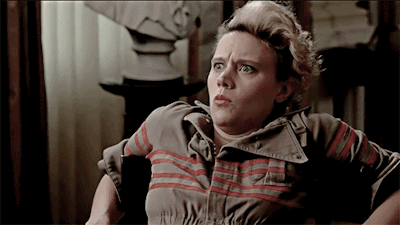This week, the @phillyhistory #explore1918 crew is talking about non-profit health when it comes to collections preservation. Using a field-wide report from 2005, we have read about how only 20% of cultural institutions have an emergency plan that includes collections, leaving 2.6 billion artifacts left unprotected. This is a massive problem caused largely by a lack of funding for proper storage conditions, emergency plans, and trained staff.

As someone whose job involves a lot of volunteer management, the lack of trained staff to deal with collections feels significant and dangerous. On the surface level, volunteers often lack the necessary expertise for repairs and conservation, deterioration reduction, and other necessary skills. At the same time, would-be volunteers who do possess those skills should be paid for their knowledge and labor.
My time working with volunteers -- who are primarily retired educators who lead tours at the museum where I work -- led me to initially be wary at the idea of volunteers working with artifact collections. While I love our volunteers and often consider them one of the best parts of my job, I often see their own interests and misunderstandings get in the way of my or the institution's work. I've seen volunteers do whatever they wanted to against staff instructions and argue with visitors, due to both their personalities and a lack of accountability with consequences.

But I had to walk back my immediate reaction, considering smaller institutions who are volunteer-run, and thus by necessity need to have a larger degree of responsibility. These smaller institutions are also the ones who are less likely to have collections management resources and emergency plans in place. (For comparison and confession, my workplace has two registrars and one exhibitions manager as paid staff.) In these institutions, volunteers must do what they can given their limited resources to maintain a functional institution.
Interestingly, the Institute of Museum and Library has several recommendations for fixing this problem of collections management resources, and none of them include hiring trained staff.

The report's recommendations focus on allocating funds for collections care, planning for emergencies, and educating yourself and others about collections care. All of these would be more easily and more efficiently accomplished with trained staff who will both possess the necessary expertise and be incentivized to carry out the institution's mission. While IMLS's three recommendations are crucial to improving collections management health within cultural institutions, the inclusion of paying trained staff within those recommendations would create a solid foundation of expertise upon which the other tasks can be built.

100% of the SBD rewards from this #explore1918 post will support the Philadelphia History Initiative @phillyhistory. This crypto-experiment is part of a graduate course at Temple University's Center for Public History and is exploring history and empowering education to endow meaning. To learn more click here.
Excellent points, @charliehersh!
I'm interested to know how you handle volunteers who deliberately go against your policies? Do those people automatically get terminated (or whatever the term is for firing someone you don't pay)?
Are volunteers trained in the cases you are writing about? Shouldn't there be annual required training sessions, if only to deal with compliance and liability issues? Of course, there's a lot more than that... How about an annual training event?